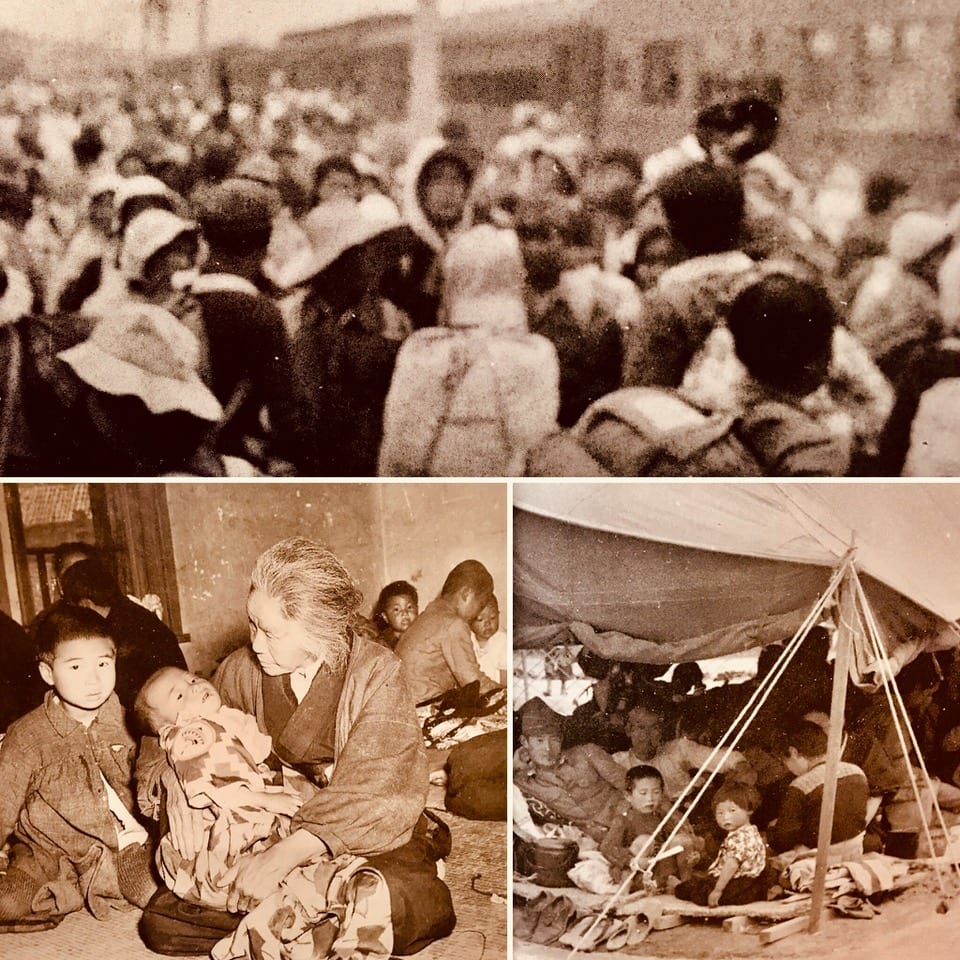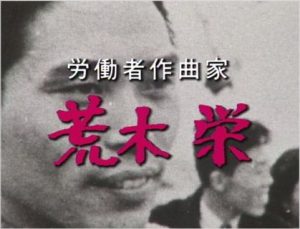Art and Politics of East Asia Workshop (APEA) is excited to announce the Spring 2019 schedule.
Location: Center for East Asian Studies, Room 319, 1155 E 60th St
Time: Friday, 3-5PM
Please note special location or time for some events.
April 12
Chenxin Jiang (PhD Candidate, Social Thought)
Philhellenism and Philosophy in 1920s China
Discussant: Yanxiao He (PhD Student, Near Eastern Languages and Civilizations)
Followed by a catered dinner
April 19
Professionalization Workshop with EALC Alumni Anne Rebull and Carly Buxton
Please note special time and location: 12-2pm in Cobb 302
April 26-27
Panel on East Asian Literary Histories
With PhD students Emily Yoon, Nicholas Wong, and Brian White
Discussant: Professor Paola Iovene (EALC)
Please note special time and location: Walker Museum 302, 1115 E. 58th St, Chicago, IL 60637; coffee and light refreshments at 3:30PM and panel at 4PM.
May 10
Yiren Zheng (PhD Candidate, EALC)
Voices that Are Not Fully Human
Discussant: William Carroll (PhD Candidate, EALC)
Please note special location: EALC Seminar Room, Wieboldt Hall 301N, followed by a catered dinner
May 17
Alia Breitwieser (PhD Candidate, Comparative Literature)
The Topography of the Text: Rethinking Jin Shengtan’s Reading Methods (dufa 讀法)
Discussant: Yiying Pan (PhD Candidate, EALC)
May 24
Jun Hee Lee (PhD Candidate, History)
Kindling Healthful Singing Across Tokyo: Utagoe Cafe Tomoshibi’s Cultural Ventures, 1962-1984
May 25
Public Lecture on Translating Premodern Chinese Buddhist Texts: Five Ways of Reading Chinese Buddhist History
Professor John Kieschnick, Stanford University
Please note special time and location: 9AM-12PM, Cobb Hall 110, followed by a catered lunch





